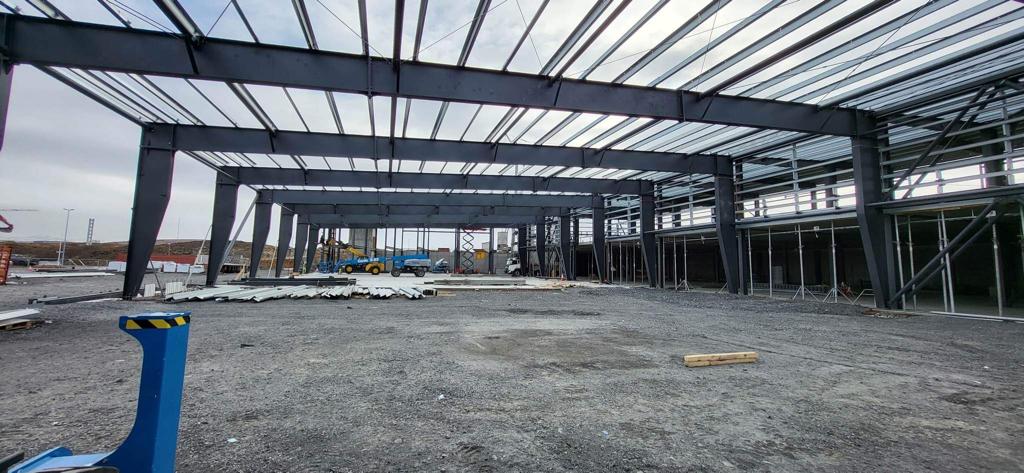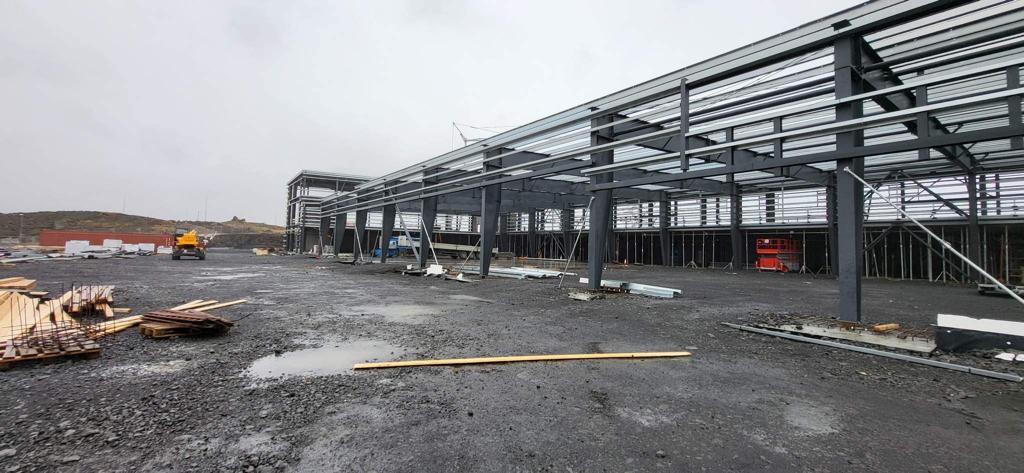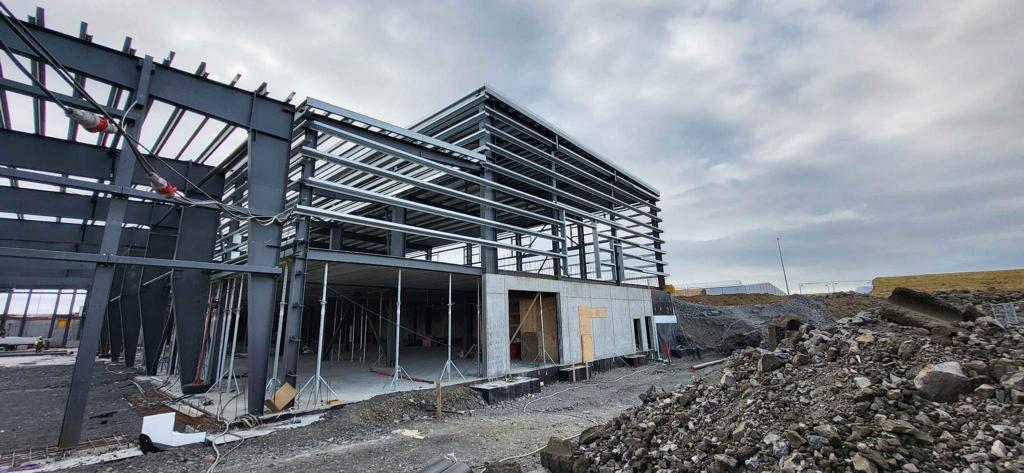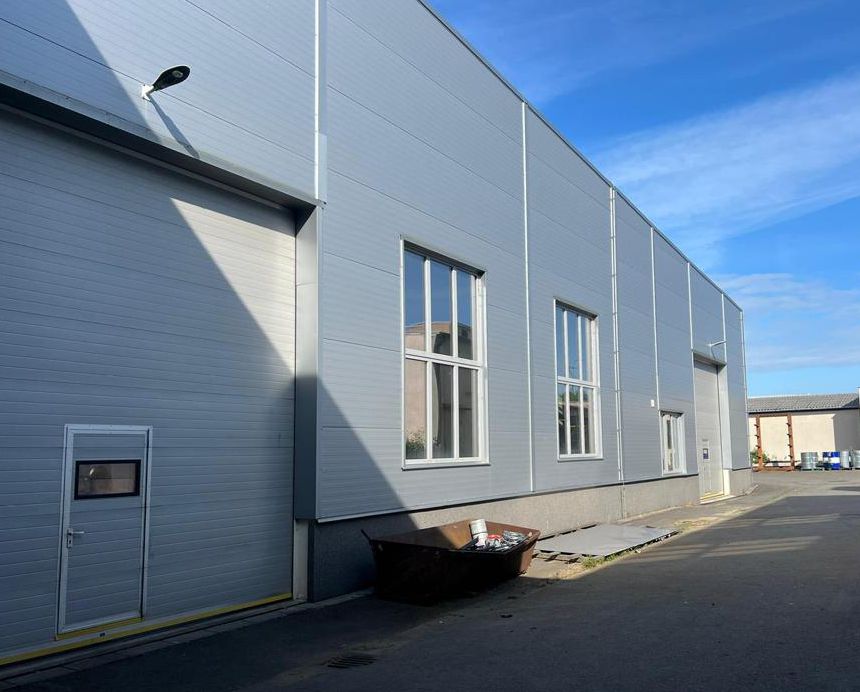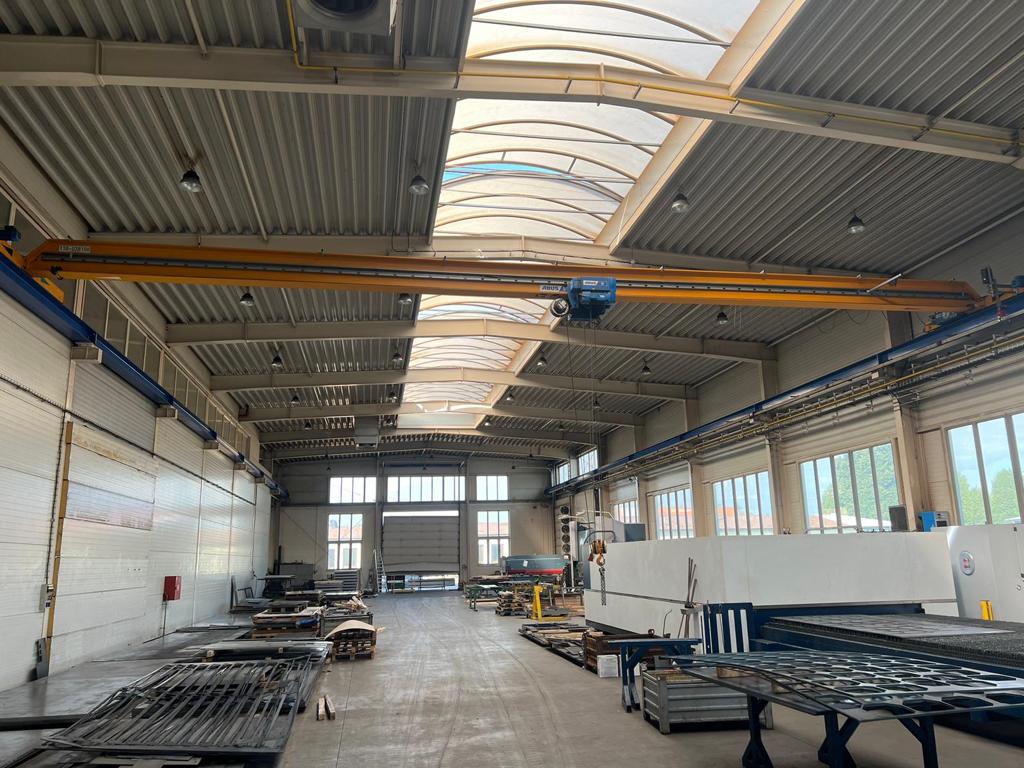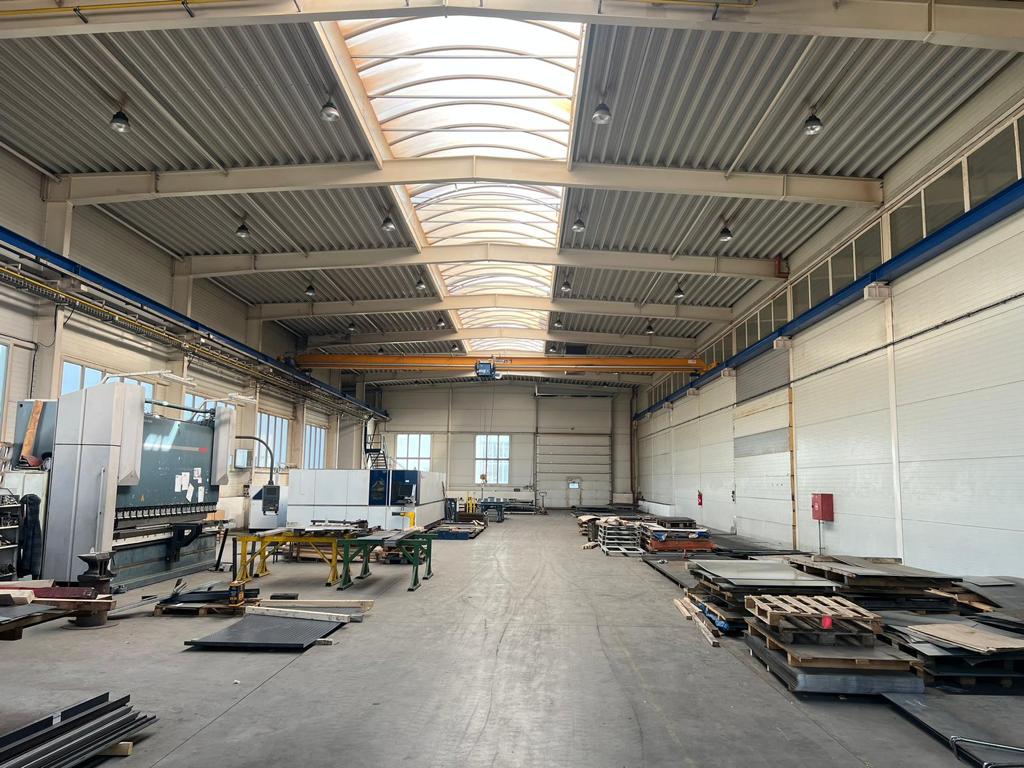Benefits and examples
Home / Benefits and examples
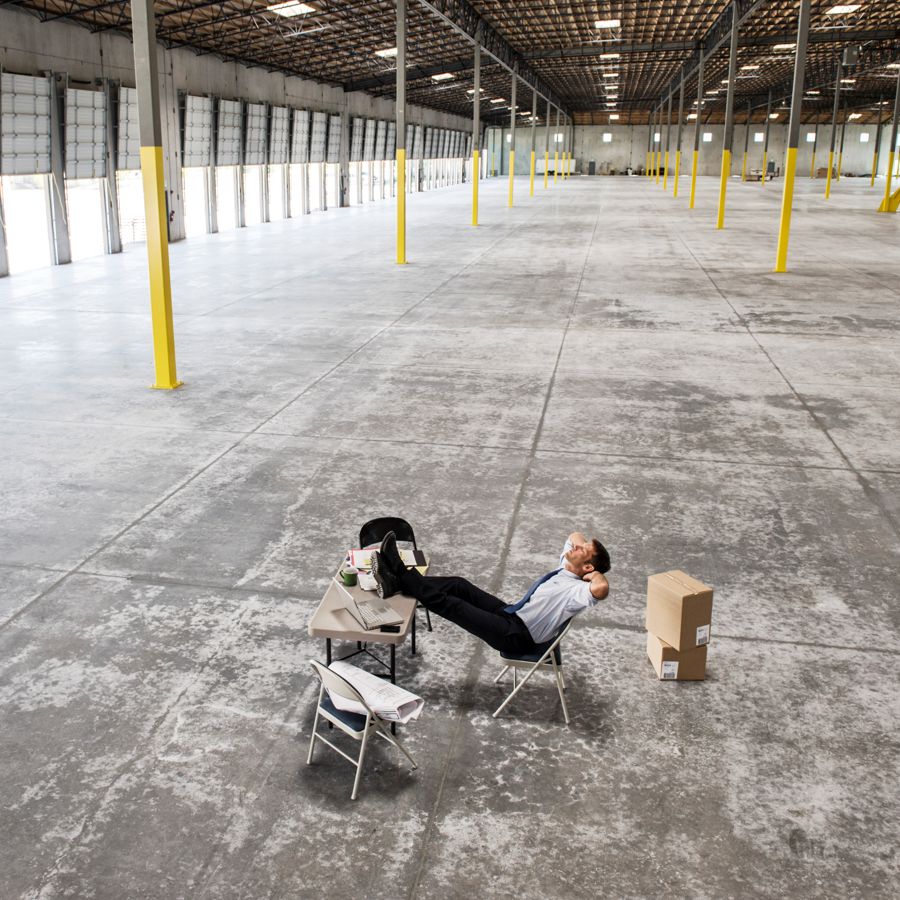
INTERNATIONAL SCOPE
We build all over Europe
We build industrial prefabricated halls across Europe as a solution to storage, administration, production and other requirements for start-ups and multinationals expanding into other countries. Our key account department is always ready to design a bespoke project of any size to meet all expectations. Our know-how is associated with the world’s leading manufacturers of industrial halls.
Overview of benefits
– Speed and ease of installation: one of the biggest advantages of prefabricated halls is the speed of installation. Compared to traditional construction, the assembly of a prefabricated hall is much faster and easier. This means that the hall can be erected in a relatively short period of time, minimising time delays.
– Flexibility and adaptability: This means that they can be easily adapted in size, shape and configuration to suit the specific needs and requirements of the customer. Thanks to this flexibility, prefabricated halls can be used for a variety of purposes such as sports halls, warehouses, production plants or exhibition areas.
– Cost-effectiveness: prefabricated halls usually offer financial advantages compared to traditional construction methods. Lower material costs and speed of assembly contribute to lower overall construction costs. In addition, prefabricated halls are usually energy efficient, which can lead to reduced operating and maintenance costs.
– Mobility and portability: prefabricated halls are often demountable and portable. This means that the hall can be moved to another location if needs change or the customer decides to relocate. This mobility is particularly advantageous for temporary events such as exhibitions, trade fairs or sporting events.
– Quality and durability: prefabricated halls are often made of high quality and durable materials that meet or exceed building standards. These halls are designed to withstand a variety of weather conditions such as wind, snow, rain or extreme temperatures. This ensures the longevity and reliability of the hall.
– Expandability and adaptability: prefabricated halls are easily adaptable for future expansion or modification. If space requirements change, a prefabricated hall can easily be expanded or modified without the need to demolish or build a new structure. Prefabricated halls therefore offer a fast, flexible and cost-effective solution for a variety of applications and are an increasingly popular choice for many businesses and organisations.
Overview of benefits
– Speed and ease of installation: one of the biggest advantages of prefabricated halls is the speed of installation. Compared to traditional construction, the assembly of a prefabricated hall is much faster and easier. This means that the hall can be erected in a relatively short period of time, minimising time delays.
– Flexibility and adaptability: This means that they can be easily adapted in size, shape and configuration to suit the specific needs and requirements of the customer. Thanks to this flexibility, prefabricated halls can be used for a variety of purposes such as sports halls, warehouses, production plants or exhibition areas.
– Cost-effectiveness: prefabricated halls usually offer financial advantages compared to traditional construction methods. Lower material costs and speed of assembly contribute to lower overall construction costs. In addition, prefabricated halls are usually energy efficient, which can lead to reduced operating and maintenance costs.
– Mobility and portability: prefabricated halls are often demountable and portable. This means that the hall can be moved to another location if needs change or the customer decides to relocate. This mobility is particularly advantageous for temporary events such as exhibitions, trade fairs or sporting events.
– Quality and durability: prefabricated halls are often made of high quality and durable materials that meet or exceed building standards. These halls are designed to withstand a variety of weather conditions such as wind, snow, rain or extreme temperatures. This ensures the longevity and reliability of the hall.
– Expandability and adaptability: prefabricated halls are easily adaptable for future expansion or modification. If space requirements change, a prefabricated hall can easily be expanded or modified without the need to demolish or build a new structure. Prefabricated halls therefore offer a fast, flexible and cost-effective solution for a variety of applications and are an increasingly popular choice for many businesses and organisations.

Examples of projects and construction
Selected examples of our construction

